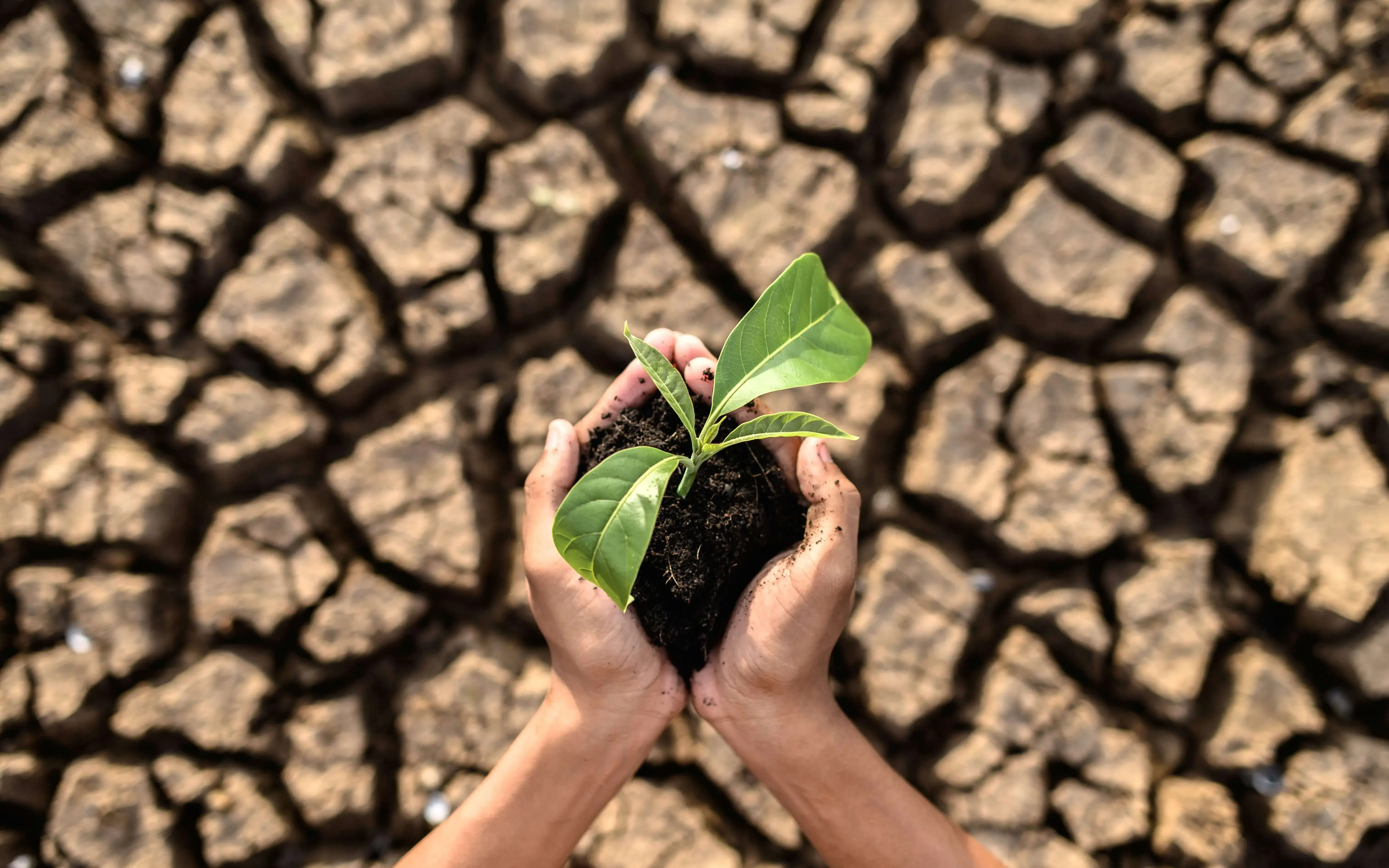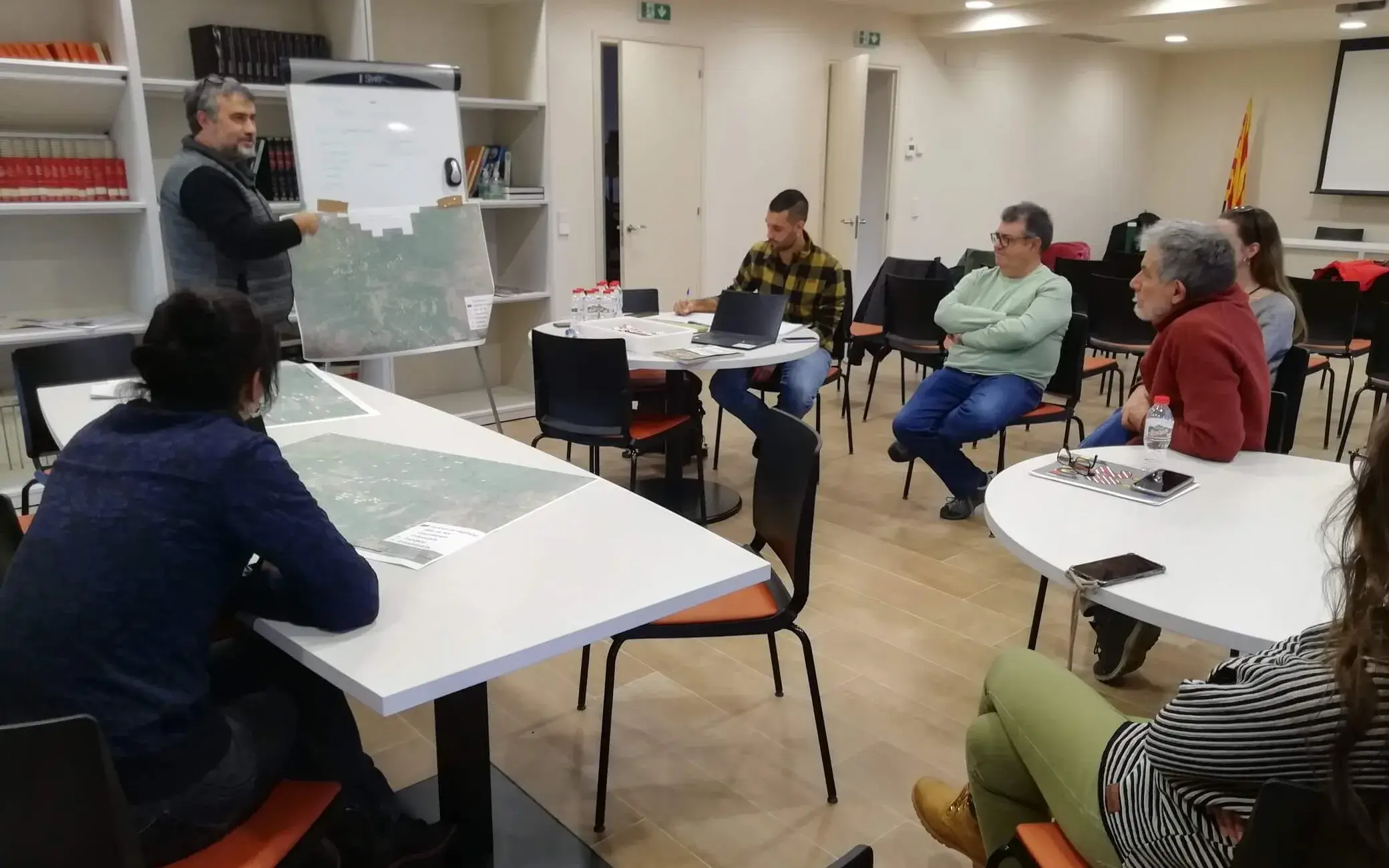Susana Borràs-Pentinat, a member of the Centre for the Study of Environmental Law of Tarragona shares her thoughts on the need to deal with migration holistically.
Environmental migration is a complex concept that is closely linked to climate change, but also to global social and economic differences and to all forms of movement of persons. This explains the need to point at responsibilities and tackle the issue globally from a legal and political approach that includes all the different realities holistically, as well as the different layers of inequality.
These are the words of Susana Borràs-Pentinat, an adjunct professor in International Public Law and International Relations; researcher at the Center for the Study of Environmental Law of Tarragona (CEDAT) – Rovira i Virgili University; a participant in the Marie Skłodowska-Curie Fellow (H2020-MSCA-IF-2020) N. 101031252 CLIMOVE PROJECT from the Università di Macerata and a member of the United Nations Network on Migration.
What does the term climate refugee mean?
Well, officially, at a legal, international and state level the status of a refugee is not recognized. The only official definition of this type of movement in the UN was that provided by the International Organization for Migration, based on consensus, and is named environmental migration. This term describes a person or group of persons who are obliged to move or choose to do so, either within their country or abroad, as a consequence of the impacts of climate change whether these are sudden, like in the case of a cyclone, or progressive, such as with desertification.
This is a very broad definition that covers all possible movements of persons that, as I believe together with other researchers, forces it to be neutral and leaves out the underlying causes and fails to mention that in most cases these movements are internal and seldom voluntary. This is because the impacts usually affect eco-dependent populations with ties to subsistence agriculture and, therefore, are more vulnerable.
Would that explain why climate emergency isn’t considered a condition for protection under the refugee status?
Exactly. The situation is complex and there is a lot of political rejection, especially in countries in the Global North.
However, it is true that the Geneva Convention regulating refuge doesn’t include climate impact nor environmental degradation among its five factors, but they still interact directly with political factors that are among the five factors. It is impossible to set them aside from climate change because the latter affects the global population and this, in turn, makes it more difficult to come up with a definition of environmental migration.
Would this category include people who migrate for a situation of resource exploitation by a foreign actor, like with fisheries in Senegal, rather than an environmental event?
Yes, to the extent that this definition of migration envisages the lack of vital means of subsistence as a reason for climate-related movement. However, climate migrants will not enjoy legal protection because this definition has never been incorporated at a national or international level in a legal document.
What’s more, when we are faced with situations such as that of Senegal, where movement is linked to a lack of natural resources, many countries from the Global North that are the recipients of these persons (not always, but this is another narrative we would need to break down) use the economic factor to argue that these persons aren’t migrating due to natural or environmental causes, but for economic reasons.
It’s a type of political instrumentalization.
Yes. And the fact that these realities are legally invisible has worsened the humanitarian situation, making the migration process more precarious, when the right to migrate is a human right under which all people deserve protection. And this is how we find situations like the one this past week, with more than 100 deaths on the Greek coast. States are accomplices in these deaths, and the underlying causes and responsibilities are made invisible.
We only look at the migration process as a consequence and when it’s on our borders. The social and economic dynamics of environmental degradation are not taken into consideration, and we only deal with the situation out of fear that problems land on our doorstep. There is a historical, current and delocalized lack of empathy and accountability, which is also closely related and is left out of our legal and political answers.
So, the impacts leading to the movement of persons could be considered a direct attack against the human right to the environment?
Yes, of course. And that’s not all. There are other international provisions exploring this pathway. For instance, the right to a stable climate and due diligence, aiming at ensuring that states guarantee a dignified life for their citizens, which connects directly with having a healthy environment. Not just today, but also in the future. Some regions like Norway, the Netherlands or the Balearic Islands want to safeguard human rights, including the right to a healthy environment for persons who have not yet been born.
The present times are important because they will have an impact on the development of jurisprudence, for a meaningful legal activism that interprets the rights that are enshrined in constitutions or upheld by the UN in a proactive way, and to expand these rights. This has partially been thanks to scientific reports pointing at the impacts and vulnerabilities related to the social dimension of environmental impacts, as well as the historical and present responsibility of countries in the Global North.
What can we say of corporations that exploit and directly or indirectly affect countries in the Global North?
We must take reality as a starting point: there is a major legal void internationally for the harm caused. However, scientific research also points at responsibilities. For instance, the report Carbon Majors studied the corporations’ historical emissions and highlights that one company alone has been responsible for more than 70% of historical emissions.
The report has been used by judges to hold corporations responsible. For instance, in the Netherlands, Shell was ordered to adopt measures to reduce greenhouse gas emissions or, in the Peruvian Andes, where a citizen sued the company RWE, the European corporation that has most contributed to greenhouse gas emissions, because its historical emissions linked to climate change had led to the melting of a glacier and this was causing flooding an economic loss.
Pointing at responsibilities and forcing solutions.
There are other cases. Recently the European Union adopted a regulation, meaning a binding instrument, that bans the entry of materials coming from deforestation into its territory. This isn’t only wood, but also agricultural produce such as those from monocrops. This will come with social and environmental benefits, and will have an impact on corporations, that will need to change their production model.
The European Commission also has a proposal on the table to force corporations acting extraterritorially to undergo human rights and environmental audits. These are the companies that outsource their production to China, India or South America, and are usually pointed at for hugely contributing to the climate crisis, precisely because the global north relocates its factories there because they don’t need to undergo human rights and environmental audits there.
What is the outlook for the future?
I am hopeful we can turn the situation around gradually. This is closely linked to the advancement and development of human rights as they are interpreted more extensively.
Also, the more the emergency affects the global framework, the more these rights will need to be broadened. The loci of power, linked to climate change, stop finding solutions until we become the true protagonists of this climate change in a more direct manner.
Unfortunately, power dynamics affect exposure to climate change. More wealth is linked to more consumption and vulnerabilities mean a disproportionate exposure to the environmental impact and is directly linked to a lower responsibility of these groups. Hence the need for an intersectional approach to our legal and political answers, in all fields.
-
These answers and reflections are part of the CLIMOVE project, funded by the European Union’s Horizon 2020 research an innovation programme, Marie Skłodowska-Curie (H2020-MSCA-IF-2020) n. 101031252 from the Università degli Studi di Macerata (Italy). The content of this interview reflects only the views of the interviewee, and the Research Executive Agency (REA) shall take no responsibility for the use made of the information contained therein.







Add new comment